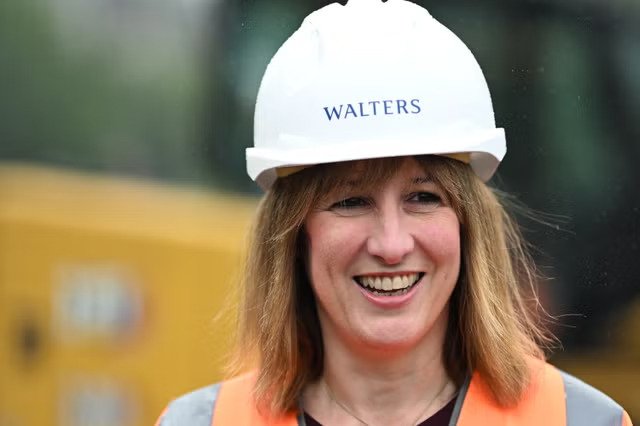Rachel Reeves is preparing sweeping changes to environmental protections in a move aimed at fast-tracking infrastructure development and stimulating economic growth, according to new reports.
The chancellor is said to be weighing reforms that would reduce the ability of wildlife concerns to delay construction projects. Treasury officials are reportedly working on a new planning reform bill designed to accelerate approvals.
Developers have long argued that European Union environmental regulations slow down vital building schemes. Ms Reeves is now understood to believe that the government must push further than the current planning overhaul, which Labour ministers have described as an effort to balance growth with environmental protection.
The Planning and Infrastructure Bill currently in Parliament already overrides existing habitat and nature safeguards. If passed, it would enable developers to make general improvements and pay into a nature restoration fund supporting habitat projects elsewhere.
Ministers Weigh Major Environmental Rule Overhaul
However, Ms Reeves is reportedly considering even more controversial measures, sparking warnings of renewed confrontation with environmental groups. Among the proposals is a plan to create a smaller, UK-only list of protected species. Such a change would lower protection for wildlife considered rare across Europe but more common in Britain.
She is also said to be examining the abolition of the EU “precautionary principle” — a rule requiring developers to prove that projects pose no risk to protected sites. Under the suggested reforms, a new assessment would weigh the risks and benefits of building rather than applying a strict prevention test.
Limits on legal challenges by environmental campaigners are also under discussion, with ministers concerned that lengthy court cases delay major infrastructure works.
Speaking last month before the House of Lords economic affairs committee, Ms Reeves gave a blunt assessment of why she thinks reforms are necessary.
“The reason that High Speed 2 (HS2) not coming to my city of Leeds anymore anytime soon, is because I’m afraid, as a country, we’ve cared more about the bats than we have about the commuter times for people in Leeds and West Yorkshire, and we’ve got to change that.
“Because I care more about a young family getting on the housing ladder than I do about protecting some snails, and I care more about my energy bills and my constituents than I do about the views of people from their windows.”
Chancellor Rachel Reeves

Past cases of costly protections illustrate her point. These include the £100m Buckinghamshire “bat tunnel” built for HS2 and the so-called “fish disco” at the Hinkley Point C nuclear plant, which uses sound to keep fish away from its cooling system.
The existing Planning and Infrastructure Bill already introduces a “nature restoration fund” that allows developers to offset ecological damage by paying into conservation projects elsewhere. But it has received criticism from both green groups and developers who fear it will neither safeguard nature nor adequately speed up construction.
Paul Miner of the countryside charity CPRE warned that rolling back protections would harm efforts to restore nature. He said that targeting habitats rules would “take us backwards rather than forwards on nature recovery.”
READ ALSO: MP Rejects Commonwealth Lawyers’ Call on Suspended Chief Justice























